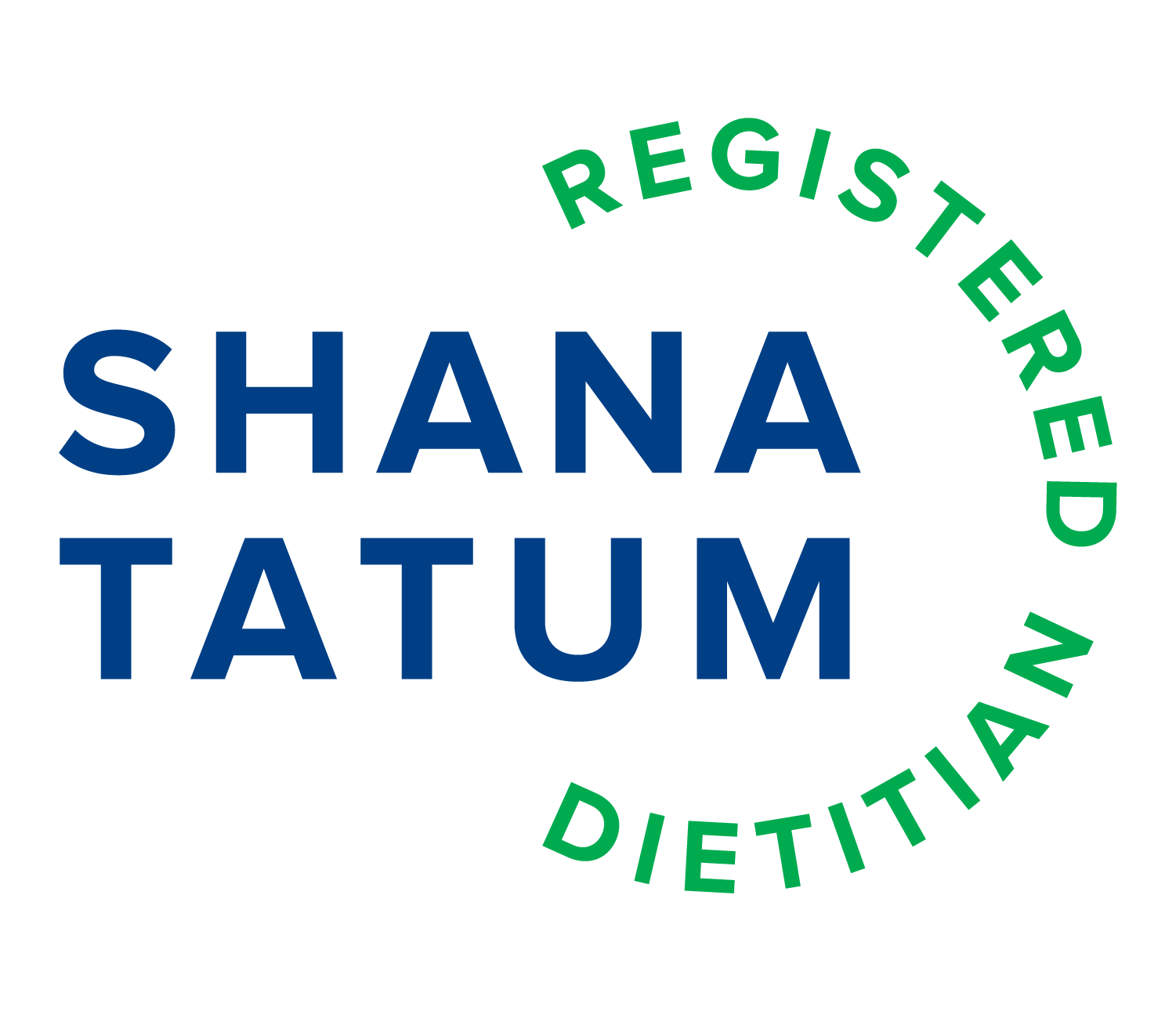Micronutrients and Thyroid Health
Image by Karolina Grabowska
We are continuing our look at nutrition as we walk our way through the body. Earlier this year we started with nutrition for brain health. Earlier this month was oral health. Today we bring it down to the throat area and are now focused on Thyroid health.
The thyroid is an integral part of the endocrine system and is known as a regulator of energy, modulates body temperature, cholesterol, blood calcium levels and affects every cell and tissue in the body. Today in the US, over 20 million people have some form of thyroid dysregulation. Women are up to eight times more likely to have thyroid disease compared to men. Low levels of thyroid are known as hypothyroidism and causes symptoms of extreme fatigue, depression and weight gain. Others have hyperthyroidism with high thyroid hormones and may cause symptoms of irritability, weight loss and insomnia. Some suffer with the thyroid autoimmune condition Hashimoto’s disease and others with Graves’ disease; the body attacks its own thyroid tissue.
As with many other conditions, eating a diet free from processed and refined foods is important. Intake of non-starchy vegetables, low glycemic fruits, healthy fats rich in omega 3 fatty acids and leaner animal meats provide optimal sources of nutrients. Choose foods high in fiber and consume adequate fluids for body composition and activity level. Those with thyroid conditions need to pay close attention to the specific vitamins and minerals that are key to thyroid hormone regulation and conversion.
Thiamin also known as B1, if deficient can contribute to fatigue in people with hypothyroidism. This vitamin is key for energy production. It works to convert carbohydrates to energy in the body. In addition it helps improve release of stomach acid in order to properly digest protein.
Good dietary sources: Beef liver, eggs, nuts and seeds, and pork. A diet high in coffee and tea contain enzymes that inhibit use of thiamine, so be sure to balance your intake.
Selenium is an essential trace mineral that is needed for antioxidant and anti-inflammatory power. Of all the tissues measured in the body, the thyroid has the highest amount of selenium. When the diet has adequate selenium, it is protective of the thyroid enabling adequate production. When selenium is deficient, it causes a decrease in the conversion to T3 (the active form of thyroid hormone) providing necessary energy and optimal metabolism. If Hashimoto’s disease is expressing, selenium may help to reduce auto-antibodies against the thyroid.
Good dietary sources: Brazil nuts, oysters, tuna, mushrooms, sunflower seeds and most meats such as beef, turkey, pork and lamb.
Vitamin D is both a fat soluble vitamin and a steroid hormone. Two of its biggest roles are as anti-inflammatory and immune regulating functions. We get it both through the sun and dietary sources. It has been supposed that malabsorption in the intestines may be at play in people with low thyroid and that these patients may not activate Vitamin D properly. It has also been shown to lower auto antibodies in thyroid autoimmune conditions.
Good dietary sources: Cod liver oil, wild salmon, sardines, mushrooms and fortified dairy products.
Food sensitivities can be present in people with hypothyroidism, particularly with autoimmune thyroid Hashimoto’s and Graves’ disease. Food allergies initiate the IgE immune response that is associated with immediate reactions such as throat swelling, skin rash or difficulty breathing. Food sensitivities are generally delayed and can be any of the other reactions with the immune system from the IgA, IgG, IgM branches. Reducing the inflammatory response is key. Removing the most common triggers such as soy, peanuts, eggs, gluten, corn, nightshades, dairy, nuts and seeds for a limited time may prove helpful in determining any food sensitivities. Enlisting the help of a health professional can be beneficial as removing so many foods can be overwhelming and the need to balance nutrient density remains important.
If treated for thyroid dysregulation, a few things for which to remind. Calcium rich foods will interfere with supplemented thyroid hormone, levothyroxine. Be sure to eat your yogurt, milk or take the calcium supplement four hours away from your medication. If taking thyroid medication, avoid taking an iodine supplement. Much comes from iodized salt, but it is also found in milk, fish, seaweed and meat. It is difficult to determine amounts of iodine in food because the iodine in soil varies. If you are concerned about your intake, speak to your healthcare provider for direction. Soy has also been shown to interfere with thyroid hormone metabolism. In addition, the mineral iron may interfere with the medications for thyroid disease. Like calcium take iron rich foods or supplements away from medication, not less than two hours. Foods high in iron include meat, eggs, shrimp, spinach, sweet potatoes, tofu, kidney beans, and enriched bread products.
As you will hear me repeat, a diet based on whole foods will suit any body type. Make half your plate non-starchy vegetables. If enjoying animal meat, consider it 25% of your plate and seed like grains, starches or fruit rich in nutrient density to fill your remaining plate. If thyroid disease is part of your daily life, consider bringing these nutrients onto your plate to help manage your thyroid.

